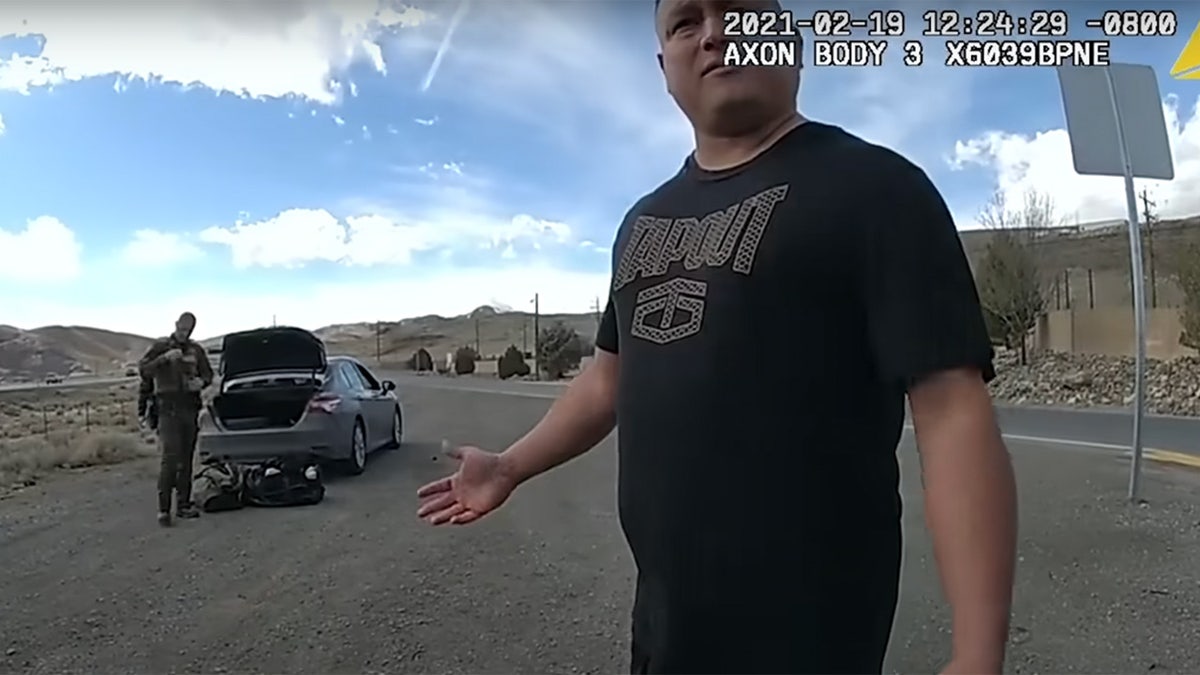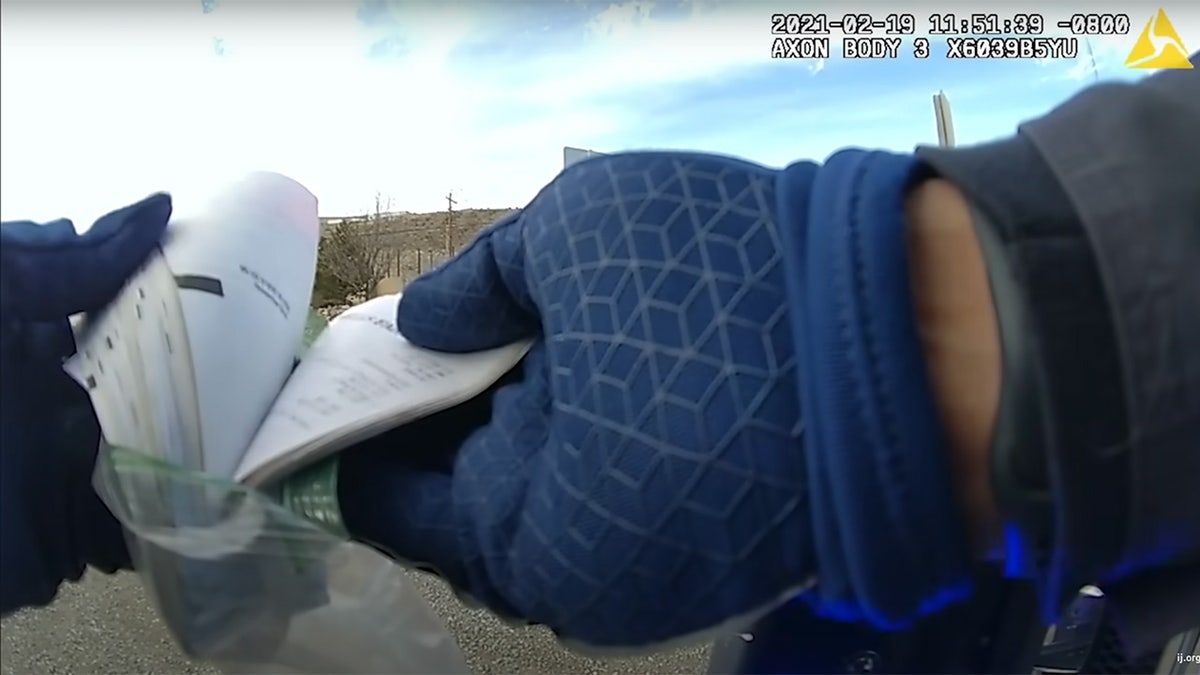Stephen Lara, a former Marine, had $87,000 taken by Nevada Highway Patrol three years ago. Now, he's determined to prevent others from experiencing the same ordeal. Lara's journey began in early 2021 during a drive from Texas to California. A Nevada Highway Patrol officer stopped him, alleging he was tailgating and driving too slowly. Body camera footage reveals the officer questioned Lara about his attire, his children, and eventually, whether he carried a substantial amount of cash.
Lara confirmed he had cash. He allowed officers to search his vehicle, where they discovered $87,000 in a plastic bag, accompanied by bank statements and pay stubs. Officers used a K9 unit, claiming the dog "alerted" to the money, implying a connection to narcotics. The funds were confiscated and transferred to the Drug Enforcement Administration (DEA) under civil asset forfeiture laws, which permit the government to seize property suspected of being linked to criminal activity, even without an arrest.

Lara was never charged with any offense. The DEA promotes asset forfeiture as a tool to disrupt the financial infrastructure of drug trafficking organizations. However, Nevada, like many states, has restrictions on civil forfeiture, demanding strong evidence linking property to criminal behavior for government seizure. An "equitable sharing" program allows state and local law enforcement to collaborate with federal agencies, circumventing state restrictions. Federal authorities can seize assets and return up to 80% of the proceeds to the state agency.

With assistance from the Institute for Justice, a civil liberties law firm, Lara recovered his money but continues to pursue legal action for damages and to prevent similar seizures. A Nevada judge recently ruled that state police cannot exploit a federal loophole to bypass stricter state forfeiture laws. The Institute for Justice anticipates the state will challenge the ruling.

Lara believes true reform requires eliminating qualified immunity, which protects police and government entities from lawsuits related to rights violations. He argues that taxpayers bear the cost of these lawsuits and that a lack of direct accountability for officers and departments discourages change. While Lara's military background informs his perspective, he stresses that anyone subjected to such seizures deserves protection. He finds it ironic that the country that provides his retirement benefits collaborates with law enforcement to potentially seize those very funds.
Comments(0)
Top Comments